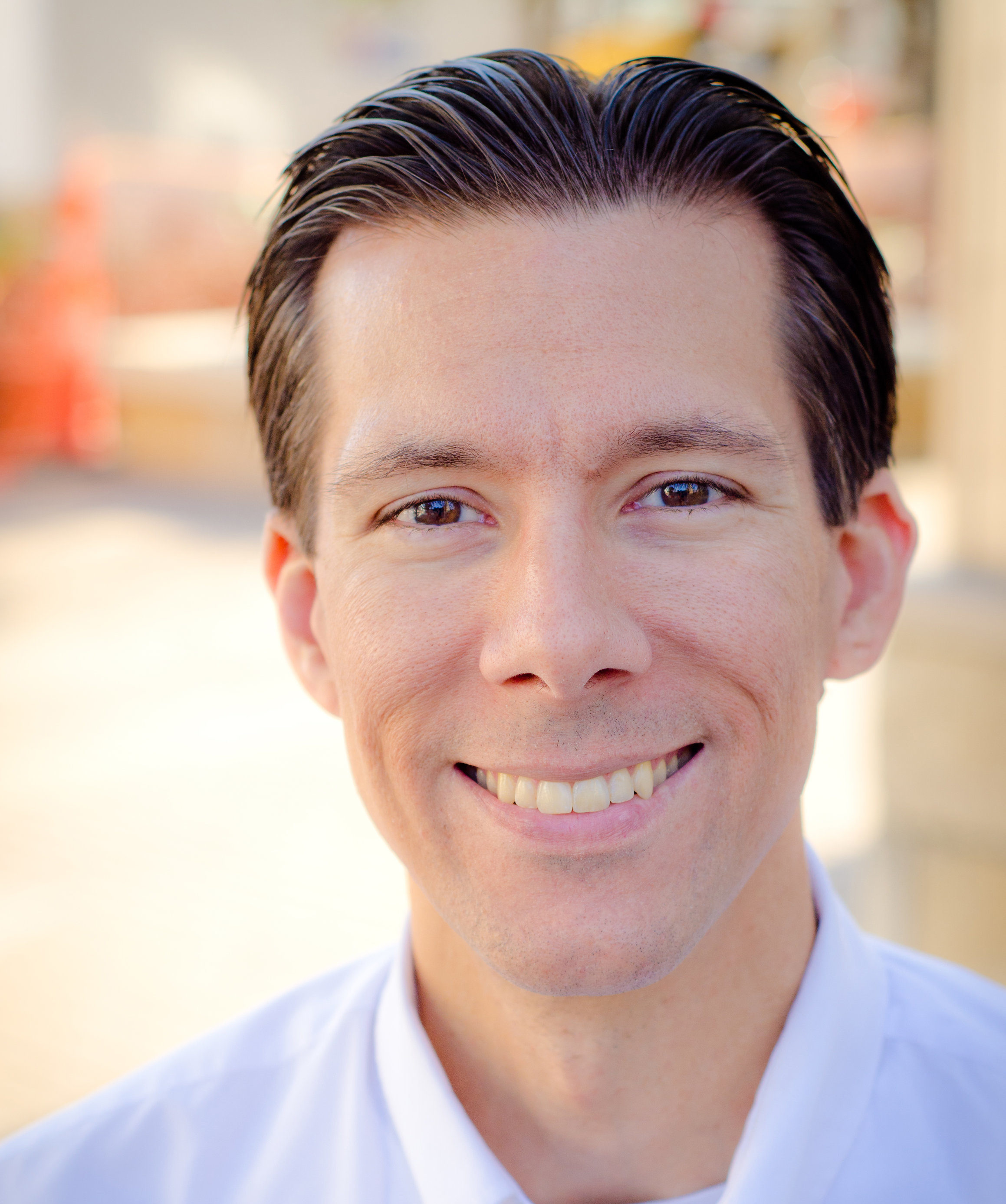Nationalism is deeply problematic. At its worst, in totalitarian societies, nationalism is an idol, a false religion that substitutes the nation for the church and the leader for God. Even in its milder forms, nationalism tends towards “Caesaropapism,” an arrangement between church and state in which the former exists to serve, buttress, and legitimize the latter. In this kind of nationalism, religious leaders take their cue from the political majordomo. Political non-alignment is frowned upon; being a team player is encouraged. And being a team player doesn’t mean being an equal member of the team. It usually means being the mascot or, worse, the cheerleader: dragged about to events, trotted out to wake the crowd up, leered at and mocked by the real talent, never taken terribly seriously, never respected.
Because nationalism can be a kind of theology, it has drawn attention from some (albeit too few) theologians over the past century. Among them, William Cavanaugh has advanced one of the deepest and most trenchant critiques in Migrations of the Holy: God, State, and the Political Meaning of the Church. Cavanaugh, a Professor of Catholic Studies at Duke, writes in a broad strain as “postliberal” or “Radical Orthodoxy” writers like Stanley Hauerwas or John Milbank. His work is worth engaging for those interested in challenging the basic assumptions many of us carry around in our heads about citizenship and the state. Unfortunately, Cavanaugh throws the baby out with the bathwater. In his eagerness to warn us against the dangers of nationalism, he goes too far and indicts all nations and, seemingly, all contemporary states without distinction. Nationalism isn’t the problem for Cavanaugh; nationhood is.
Cavanaugh’s error is a shame because I agree with many of Cavanaugh’s conclusions and policy recommendations. He favors local government, limited government, and devolved power, in conjunction with revived civil society and associational life. As do I: one of the political principles I believe in most fervently in is the devolution of power. Cavanaugh is concerned about the inexorable growth of state power, about the tendency of states to ask for ultimate loyalty. I’m in agreement with all of this. I disagree with how Cavanaugh gets there and with the broad scope of his conclusions. I think his argument applies best only to some kinds of states, not all of them, and that the classically liberal state (not the contemporary progressive state) is precisely the one best positioned to avoid some of the evils he describes.
Cavanaugh’s error starts with his mistaken historical account of the origin of sovereignty. He argues that state sovereignty is an invention of the early modern era and a unique feature of contemporary “nation-states.” Yet even he recognizes that states used Roman law in their effort to construct sovereignty. That’s because Rome—and, I’d argue, all other ancient polities—was sovereign. Sovereignty is not a modern concept; it is a perennial concept inherent in the nature of government, which is as old as recorded history. The Medieval period was unique in the breakdown of sovereignty, an aberration that Cavanaugh treats as normative but was simply another phase in a long history. He praises its vibrant associational life and the diffuse, overlapping jurisdictions of plural authorities. But there is no reason to take the Medieval model as any more natural or theologically justified as the models of sovereignty that came before or after it. He repeatedly denies that he is romanticizing the Medieval era, but that is exactly what he is doing.
Cavanaugh rightly laments the decline of civic associations, but he is wrong about the inevitability of the decline of civil society under the rule of states, especially liberal states. He notes that states arose and civic associations declined and asserts causation based on his theology of the state. But he does not demonstrate a causal connection with empirical data. In fact, there is good evidence that some kinds of states are better for civil society and some are worse. Cavanaugh makes no differentiation among types of states. I’d note in particular that the United States prior to the passage of the 17th Amendment was still a significantly decentralized government with a flourishing civil society. The problem isn’t that the US government asserts sovereignty—all states do that. It is that during the progressive era it massively expanded the sorts of powers it claimed it had title to.
In fact, there can be a problem with too much power vested in the traditional institutions of civil society. Cavanaugh admits that the local and traditional associations he admires so much tend “to be delegitimated because such groups tend not to be representative; that is, based in consensus.” Well, yes: that’s the great virtue of the liberal state that Cavanaugh seems to entirely overlook. Traditional and tribal society isn’t very friendly to women, the poor, religious and ethnic minorities, or others. How does Cavanaugh plan to respect the individual dignity of all people in the neo-Medieval world he yearns for? There is a reason the liberal state arose and became so successful.
Stemming from his overbroad historical generalization, Cavanaugh moves on to indict all states for what are, in fact, the sins of only some states. He takes aim at “nation-states” and criticizes nationalism for imposing an artificial universality on society and culture. Cavanaugh is correct, of course, in viewing nationalism as an evil (though there is room for a milder patriotism) and as a false religion that has stolen the sacred devotion rightly due only to God through the church. But look at the world today: nationalism has been an abject failure. Even most European states, who birthed nationalism, have bent over backwards in the name of multiculturalism to undo much of the work of earlier nationalists. Cavanaugh seems oddly unaware of the fact that, as he defines the terms, there are almost no true “nation-states” in the world today (Japan is the possible sole exception). Virtually every state in the world is multiethnic and multilingual. Only about a third of the world’s states have a single national language. Something close to two-thirds have multiple languages, including an impressive number that allow regions to set their own official languages. And there are some states, including the United States, that have no national language—probably the ultimate expression of abdicating national identity.
Cavanaugh’s argument may be a useful warning against the contemporary revival of nationalist sentiment across much of the world, but he risks undermining his argument by making virtually no distinctions among the types of states, and the gradations of nationalisms, that he condemns. Cavanaugh’s argument is theologically deterministic. In rooting his criticism against overbearing statehood in theology, he ends up condemning all states for simply being states, instead of recognizing that there is a vast range of states that act and behave differently.
For example, he claims that the “sheer size” of states is a weakness. That’s a nonsensical argument in a world where the largest state (India) has a population of 1.3 billion and the smallest (Vatican City) has a population of 800. There are some three dozen micro-sovereignties in the world today with populations less than a half a million that, I daresay, are probably a lot like the local governance that Cavanaugh should find acceptable. He is blind to this reality in his eagerness to criticize all modern states. The median population of states in the world today is around 20 million, far smaller than the United States’ 320 million. Cavanaugh’s argument, in fact, seems to apply only to very large, nationalistic, illiberal states. Precisely two fit this description: Russia and China.
The leading state in the world today that opposes Russia and China is, of course, the United States. It opposes them because it is a liberal state, dedicated to preserving individual liberty, national sovereignty, and human dignity. Cavanaugh, inexplicably, dislikes liberalism. He seems to have a problem with the modern liberal state because it does not promote the good but only creates space for individuals to pursue the good as they define it. This seems an odd criticism for someone who wants to shrink government’s powers. I would be terrified of living under a government that defined the good for me. Taking the power to define the good away from the state is one of the most important ways of limiting its power and reserving something important not only for individuals, but also for churches and other organizations.
Cavanaugh probably has in mind a neo-Romantic view of the ancient Greek polis, which was something like a state, a church, and a civil society rolled into one. Such an arrangement was only possible in the ancient world in polities small enough for most citizens to know each other personally. Ironically, the effort to resurrect some kind of organic or familial politics in the modern age of large polities is precisely what led to the rise of nationalism in the first place: the most concerted efforts led to totalitarianism. Cavanaugh has to argue that his nostalgia for smallness is feasible in a globalized world, or that his hope for a neo-Greek polis transplanted to large states won’t lead to nationalism or totalitarianism. He does neither.
Instead, inexplicably Cavanaugh accuses liberalism of being the quasi-totalitarian regime of the day. He claims there is no theoretical difference between the claims of communists, fascists, and liberals. This is the best expression of the part of Cavanaugh’s argument that is so objectionable. He is simply wrong, and offensively so. Fascists claimed the power to determine citizenship based on ethnicity; to define a national language; to define the good for all citizens; to demand cultic worship of a national leader; to censor newspapers; to forcibly unite churches into a state-regulated institution; to ban entire categories of people from the polity; and to rob, imprison, and murder anyone it deemed an enemy of the nation. Liberal states claim none of these things. Cavanaugh rides roughshod over vast differences between different kinds of states and ignores basic facts to make the world fit his theological framework.
This is not Cavanaugh’s only error of fact. He also falsely claims that states created nationalism, not the other way around. In some cases, that’s true. In others, like Italy and Germany, it’s not. He wrongly traces American nationalism to the Civil War. Most historians trace it to the War of 1812. He argues capitalism and states arose at the same time, but also claims nation-states arose in the 19th century, well after the rise of capitalism, which occurred no later than the 18th century (with roots much deeper in the past).
Despite his errors and overstatements, Cavanaugh is helpful for thinking through the perils of nations and nationalism in an era when both seem to be enjoying a renaissance. He is best read as a theologian, not a historian, and a polemical theologian whose strident claims are best met with a healthy dose of skepticism.
—
Paul D. Miller teaches public policy at the University of Texas at Austin. He is a contributing editor of Providence, a member of the advisory board of the Philos Project, and a research fellow with the Ethics and Religious Liberty Commission.
Photo Credit: Flags at the United Nations in Geneva, Switzerland. July 2014. By Uppy Chatterjee, via Flickr.






